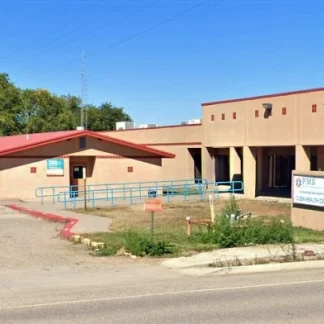PMS - Cuba Health Center
Cuba, New Mexico, 6349 U.S. Highway 550, 87013
Available Programs
- Adolescence program
- Adult program
- Military program
- Program for men
- Program for women
- Young adult program
Insurance and Financial
- Medicaid
- Private insurance
- Self-pay options
- Financial aid
- Financing available
- Sliding scale payment assistance
- Medicare
- Military insurance
About this Facility
PMS - Cuba Health Center provide treatment for a wide range of behavioral health conditions including mental health concerns or chemical dependency. Services include crisis intervention, assessments, individual, group and family counseling, medication management. PMS - Cuba Health Center is located at Cuba, New Mexico.
Cuba Health Center is compromised to provide individualized treatment for individual with an alcohol addiction and/or substance addiction. They are dedicated to offer compassionate and a caring treatment that will provide the necessary tools for patients to recover.
Services include Multi-Systematic Therapy (MST), Assertive Community Treatment (ACT), Psycho-social rehabilitation (PSR), and adolescent residential treatment center (RTC) and intensive outpatient substance abuse treatment.
They are able to provide services to both adults and youth, providing individual and group therapy for mental health and substance use disorders, psychiatric medication management, comprehensive community support services and crisis intervention.
Contact us for more information: (575) 289-3291

Contact PMS - Cuba Health Center
Connect with PMS - Cuba Health Center by calling their admissions team directly.
(575) 289-3291 Website Get Directions